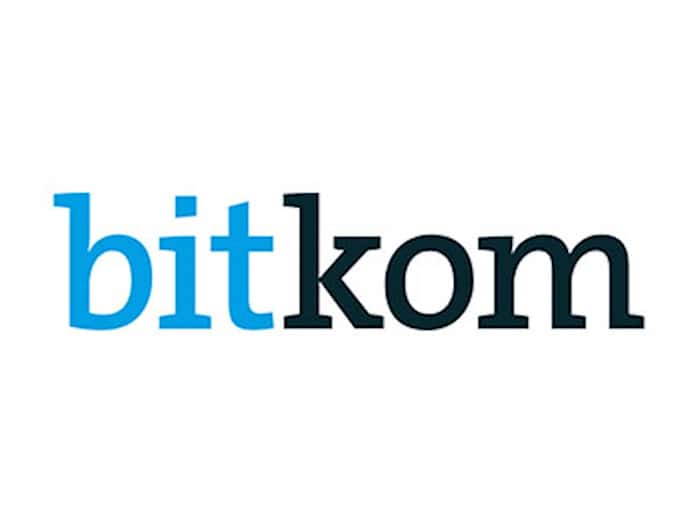
“There is still a lot of uncertainty surrounding the use of AI. To ensure that Germany does not fall behind when it comes to artificial intelligence, what is needed above all is more clarity and certainty in dealing with the legal requirements,” says Susanne Dehmel, member of the Bitkom Executive Board.
The guide begins with a brief definition of when AI can be distinguished from traditional software and which laws may be relevant to the use of AI. The comprehensive second part classifies the key provisions of the European General Data Protection Regulation and their significance when using AI – from transparency and information obligations to data protection impact assessments. This chapter also discusses what content an internal company policy on the use of AI must contain. A practical example from the automotive industry is then used to illustrate once again how AI can be implemented in a company in compliance with data protection regulations. The guide concludes with two detailed checklists for the training of in-house AI models and the use of third-party AI systems. With their help, those responsible in companies can proceed step by step to ensure that the use of AI complies with data protection regulations.
The practical guide “Artificial intelligence and data protection” is available for free download at: www.bitkom.org/Bitkom/Publications/KI-Datenschutz-Praxisleitfaden
– – – – – –
Further links
👉 www.bitkom.org
👉 Practical guide “Artificial intelligence and data protection”
Photo: pixabay




